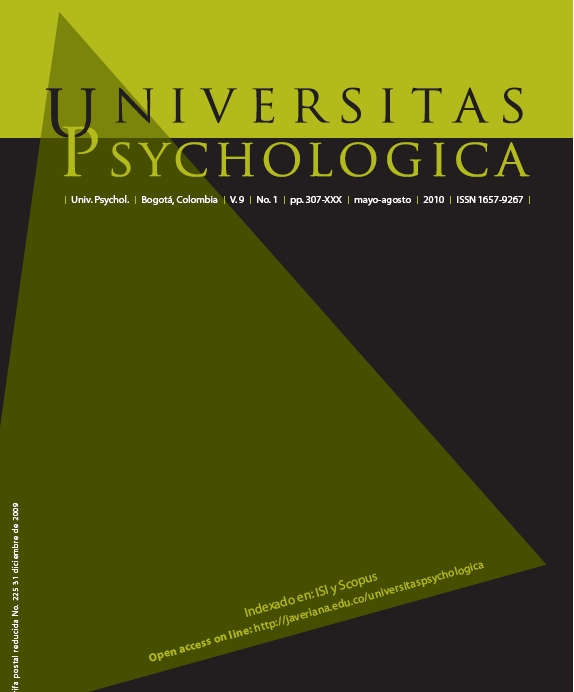Abstract
Using a conditional discrimination task, the correct responses for a group of rats (DO) were reinforced with different probabilities (0.8 versus 0.4) depending the conditional cue; whereas for another group (NDO) the correct responses were reinforced with the same probability of reinforcement (0.6). After the training (acquisition), the retention interval and the delay of reinforcement were introduced in different phases. The subjects trained with differential outcomes (DO) had a faster acquisition and reached higher discrimination index than non-differential group (NDO). The retention interval results in lower discrimination index in NDO group than in DO group; no differential changes in accuracy were observed by the delay of reinforcement. The results extend the differential outcomes effect to a twochoice conditional discrimination task with rats varying the probability of reinforcement. The absence of delay of reinforcement effect is discussed.
This journal is registered under a Creative Commons Attribution 4.0 International Public License. Thus, this work may be reproduced, distributed, and publicly shared in digital format, as long as the names of the authors and Pontificia Universidad Javeriana are acknowledged. Others are allowed to quote, adapt, transform, auto-archive, republish, and create based on this material, for any purpose (even commercial ones), provided the authorship is duly acknowledged, a link to the original work is provided, and it is specified if changes have been made. Pontificia Universidad Javeriana does not hold the rights of published works and the authors are solely responsible for the contents of their works; they keep the moral, intellectual, privacy, and publicity rights. Approving the intervention of the work (review, copy-editing, translation, layout) and the following outreach, are granted through an use license and not through an assignment of rights. This means the journal and Pontificia Universidad Javeriana cannot be held responsible for any ethical malpractice by the authors. As a consequence of the protection granted by the use license, the journal is not required to publish recantations or modify information already published, unless the errata stems from the editorial management process. Publishing contents in this journal does not generate royalties for contributors.


